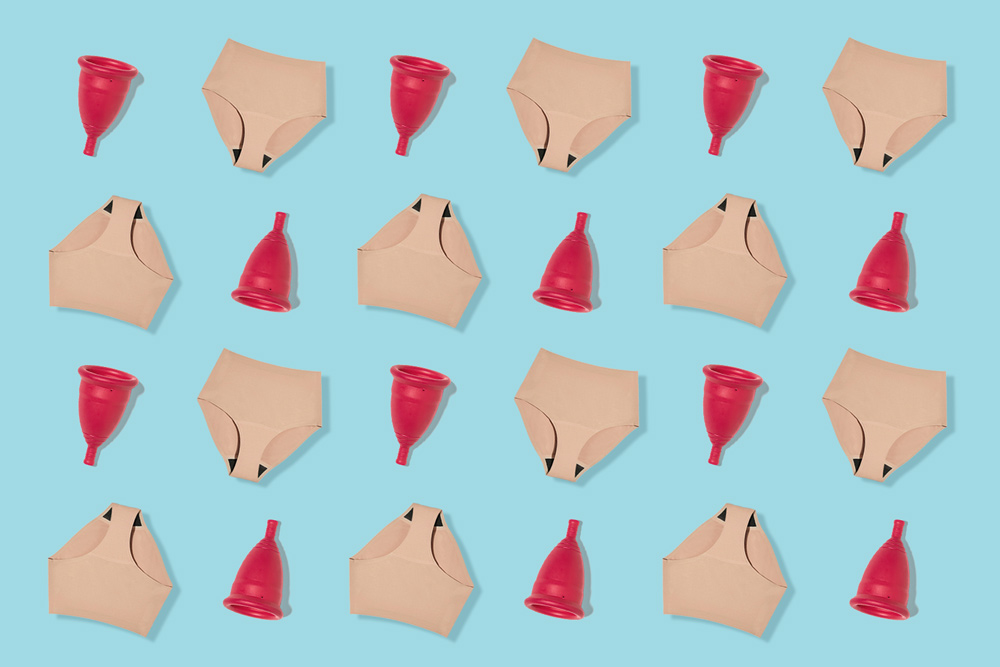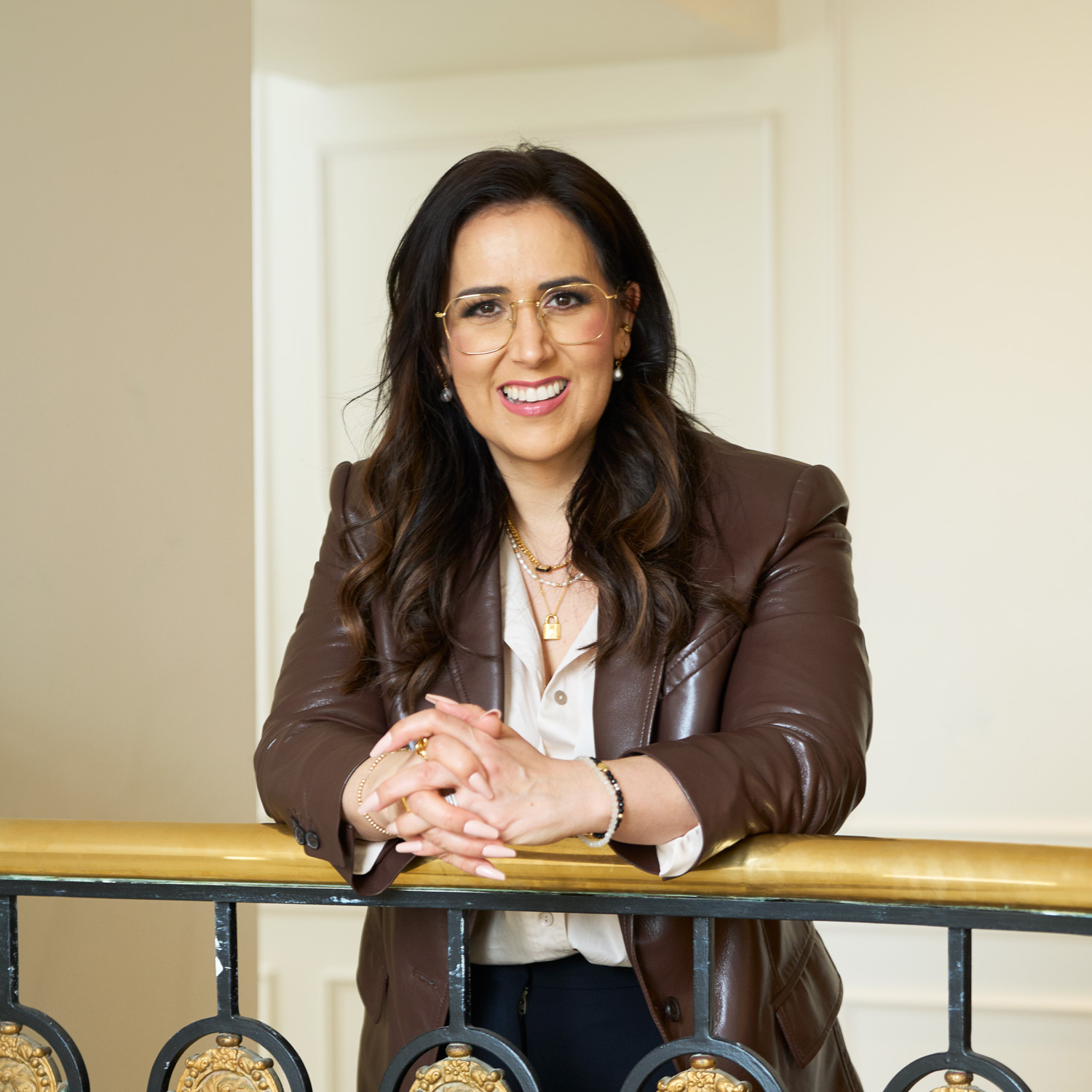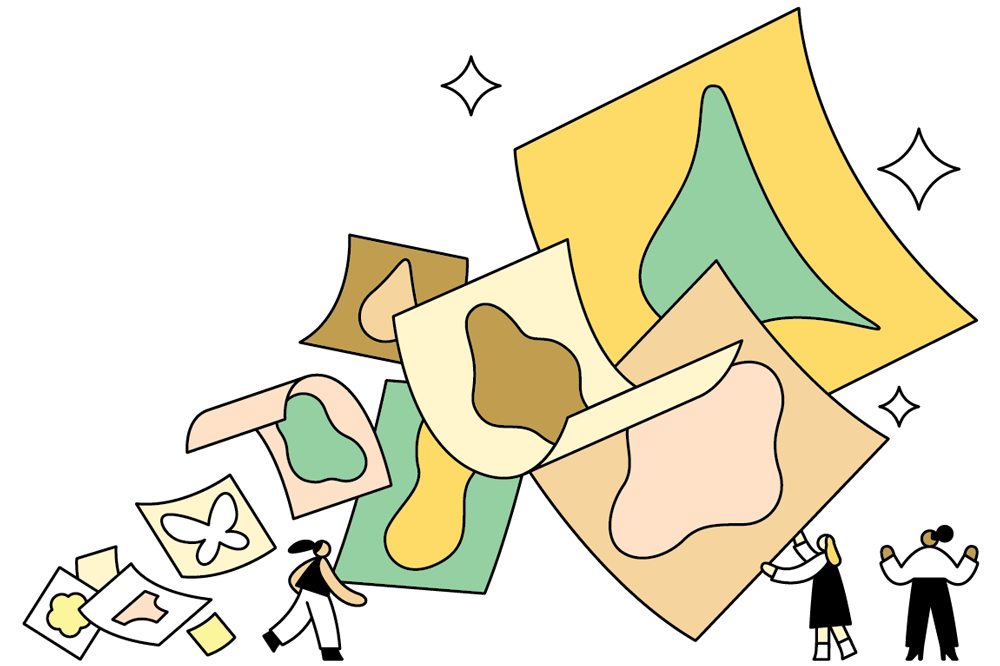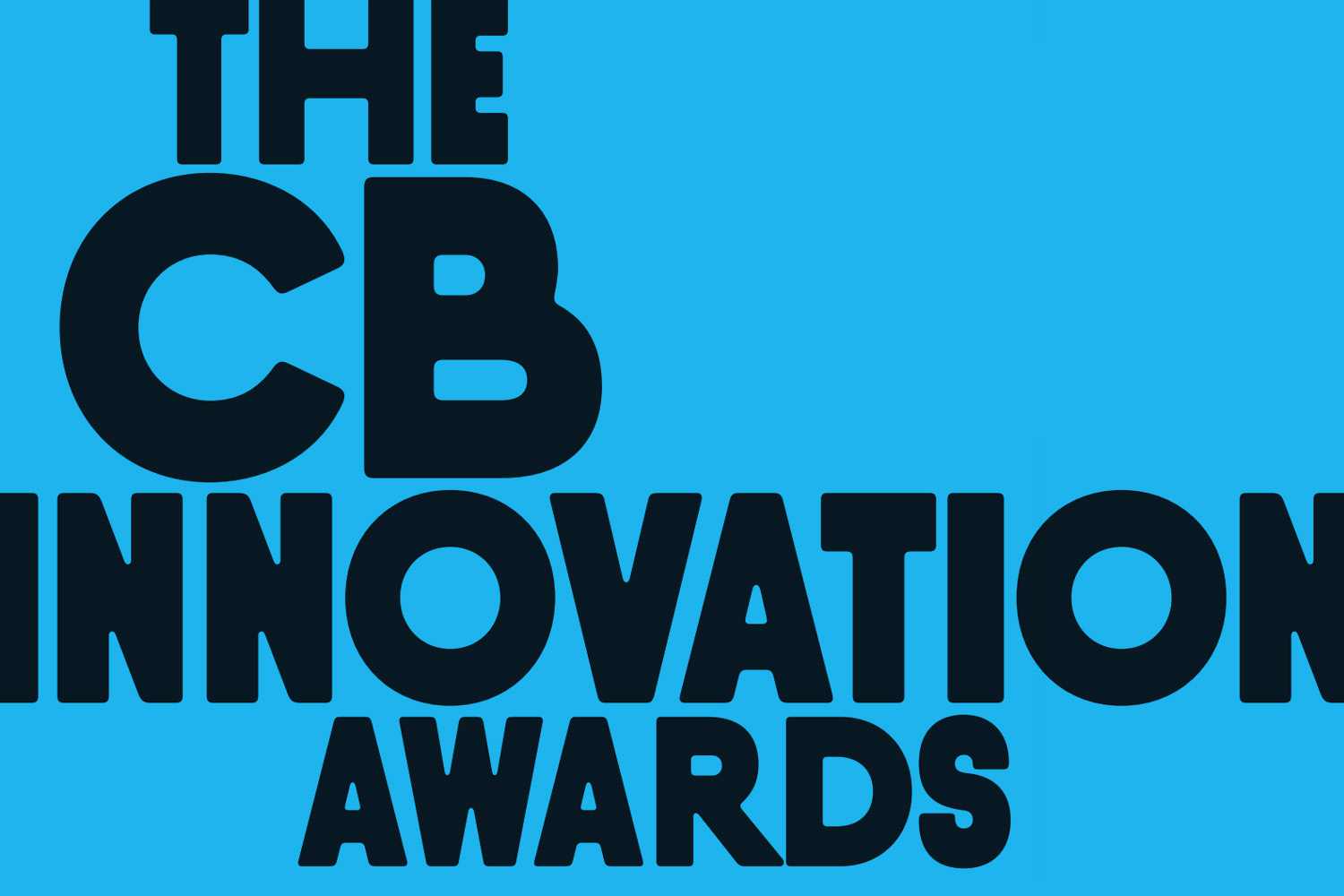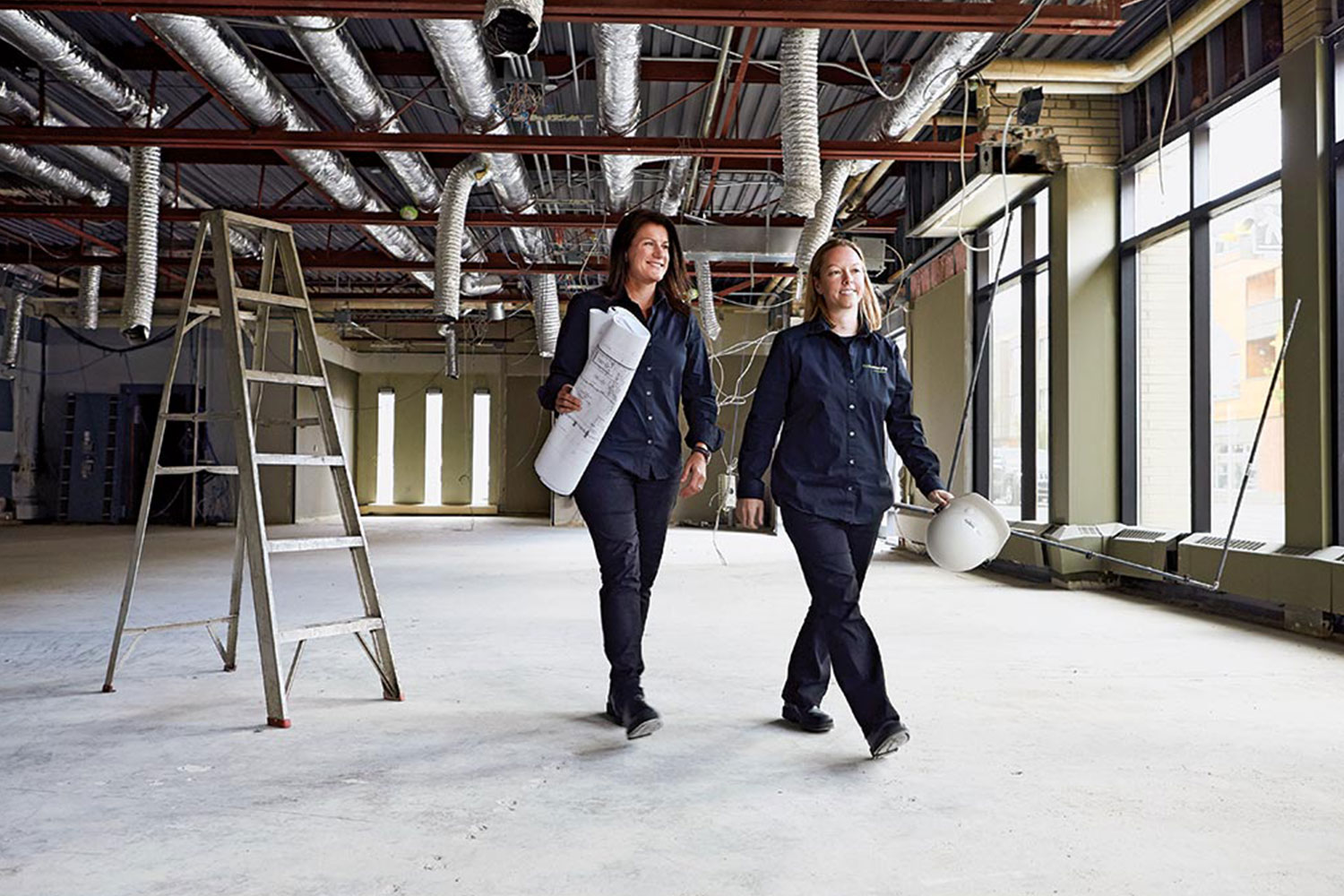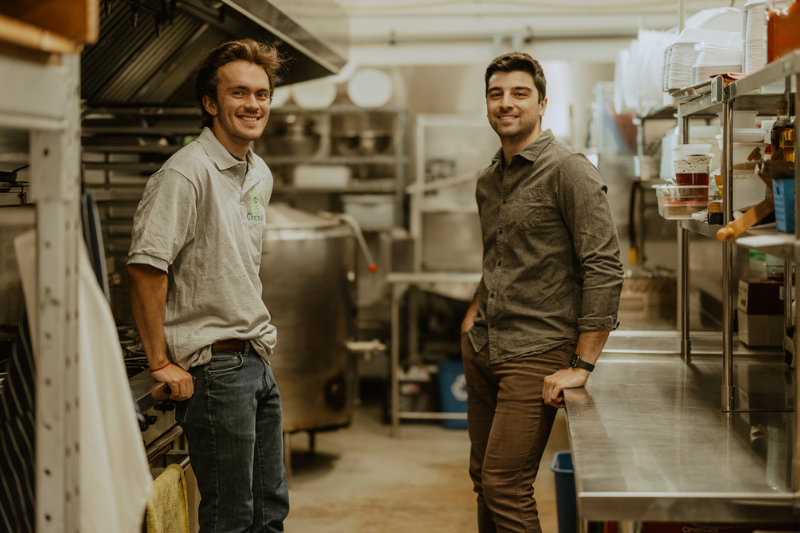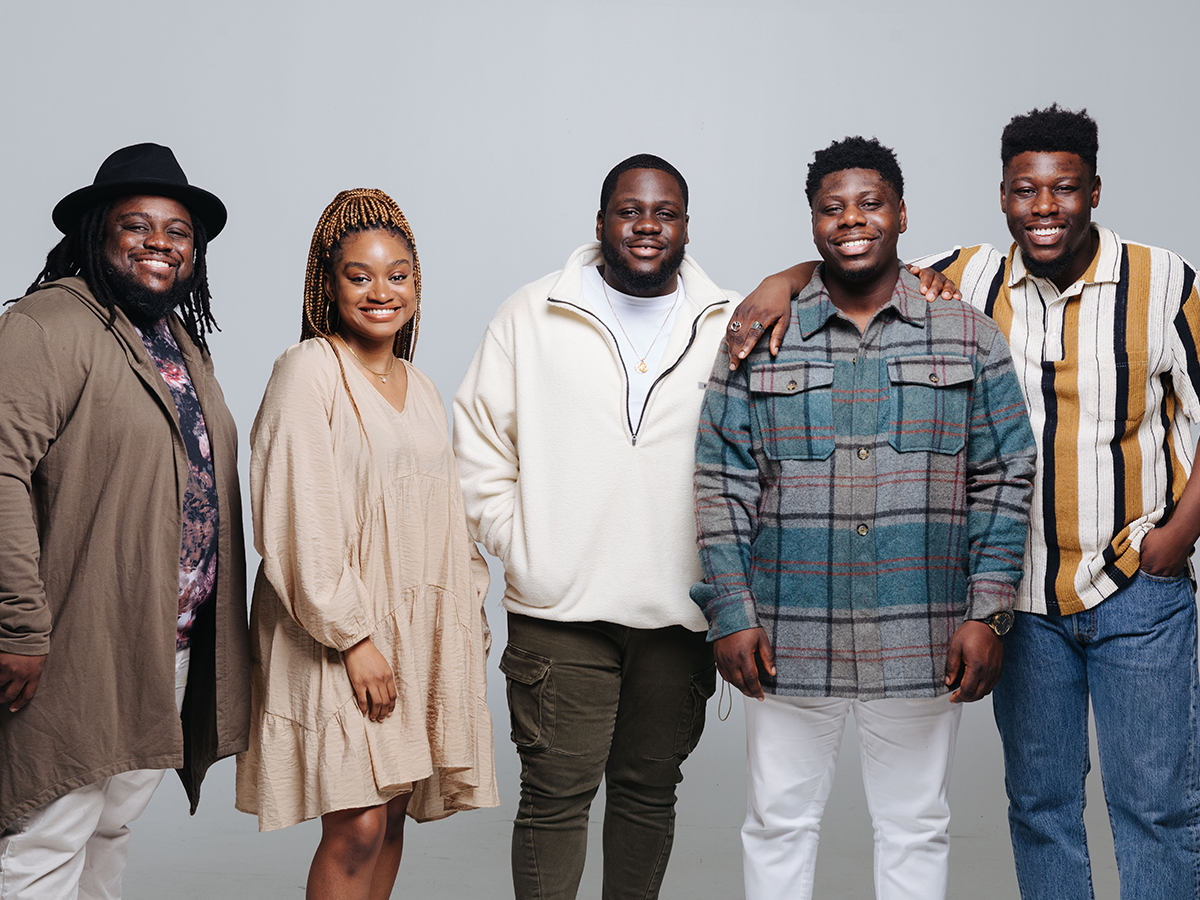Why This Lawyer Quit Practising to Sell Period Products
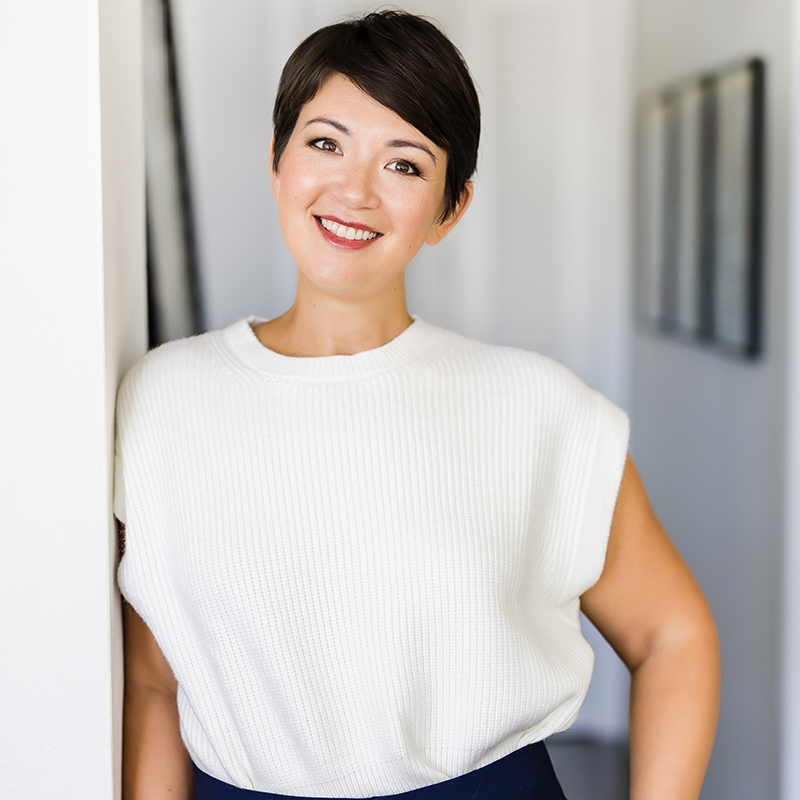
Many entrepreneurs will tell you that what they’re doing now is not what they initially set out to do. Making major professional changes—even mid- to late-career—can often lead to more fulfilling and successful outcomes. That’s what our series The Pivot is all about. Each month, we speak to founders, business leaders and entrepreneurs about how—and why—they changed course and found success in an entirely different industry. Here, we speak to Rachael Newton, the founder of period care start-up, Nixit.
At the age of eight, British-born Rachael Newton, now 43, told her mom she wanted to be a lawyer. She was elated as she sat down for her first law-school lecture more than a decade later. And she loved the London law firm she ended up working at, where she specialized in hedge funds, describing it as “an incredible environment” filled with “intelligent people who wanted to share their knowledge.”
Then she married a Canadian, and in the process of relocating to Canada, temporarily lived in the Caribbean. It was in 2017 that, while on maternity leave and studying for the Canadian bar exam, Newton developed a new interest: waste. There was no recycling where she lived. Instead, there was a heap in the middle of the island where garbage and recyclable items were dumped—the locals called it Mount Trashmore. It made Newton much more conscious of the waste she was producing.
RELATED: How Canada Became a Period Product Hotspot
She quickly zeroed in on eliminating her monthly period product waste and decided to switch to a menstrual cup. In the U.S. alone, about 12 billion pads and 7 billion tampons are thrown out each year. Newton’s experience with menstrual cups wasn’t great, however; the various sizes, shapes and lengths made choosing one difficult. Plus, she could never create a proper seal to prevent leaking.
Then a lightbulb went on. She remembered what a classmate in law school had told her: While wearing her diaphragm, the friend would sometimes not realize her period had started as the device would collect the blood. So Newton imagined a dome-shaped cup that sits in the same spot, in the fornix at the base of the cervix, that would collect menstrual blood. Her idea was to create a one-size-fits-all product without suction, eliminating the need to test out various shapes and styles.
Leaving behind the security and reliability of a lawyer’s salary and bonuses to pursue a self-funded project was fraught with mixed emotions. “You’re putting a lot of eggs into one basket that you believe very deeply in,” says Newton. Along with the risk, Newton also struggled with the loneliness that can come with launching a business. “I loved the camaraderie that came with working in a law firm, and the support and knowledge of colleagues that is available to you,” she says. Making decisions alone was scary and she questioned herself a lot. Still, with her husband’s support, she pushed ahead with her plans.

Now living in Canada, she went internet sleuthing to see who made menstrual cups in the country. Many calls and emails later, she met a retiree with deep medical device experience. Over the course of a year, he guided Newton through research and development and testing, until the cup was ready to be taken to a manufacturer. She used her savings to fund the production, and after a few iterations—she wanted it thin but also durable, which took some back and forth—the product was ready in 2018.
Newton now needed a name for her product and was having trouble hitting on one that she and her husband liked. Then she heard an episode of the podcast How I Built This with Sara Blakely, the founder of shapewear company Spanx. “She said that she had the ‘x’ in Spanx because there’s something about an ‘x’ in a word—it resonates with people,” recalls Newton. Blakely had heard somewhere that products with made up words sell better than real words, and the names are easier to trademark. “I was like, ‘Okay, we need to find a word with an ‘x’ in it.’” She started jotting down ideas on a piece of paper—writing words like fornix, vagina, period, nix waste, nix tampons—until she came up with Nixit. An agency helped her with package design and branding, and then it was time to launch.
RELATED: Why This Lululemon Bigwig Got Into the Sex Toys Industry
Nixit made its debut in February 2019 and Newton’s top focus was on getting the word out. She bought ads on social media but also targeted YouTubers and influencers—there’s a whole niche of them who create content around menstrual cups—and sent them products to review.
A favourable review from YouTuber It’s Just Kelli resulted in sales of about 60 menstrual cups. “This was a big bump for us at the time,” says Newton. She continued to focus on running ads, building Nixit’s own social media accounts, and working with influencers on partnerships and developing strong customer service.
It wasn’t long before news of Nixit started to spread. “At the start of 2020, there was enough demand from our customers to be in stores, so I connected with someone who started doing wholesale outreach for us,” says Newton. That landed the menstrual cup in Whole Foods, followed by London Drugs and Healthy Planet, and on well.ca.
RELATED: How to Pitch Your Start-up to Investors
Next, Newton would love to see Nixit carried across the country in Loblaws and Shoppers Drug Mart, too. Until that happens, she takes pride in changing the conversation around periods—the brand’s messaging on its social media is focused on not just normalizing them but celebrating them—as well as improving people’s experience with theirs. “If I’m having a bad day,” says Newton, “I just go and read the product reviews.”

